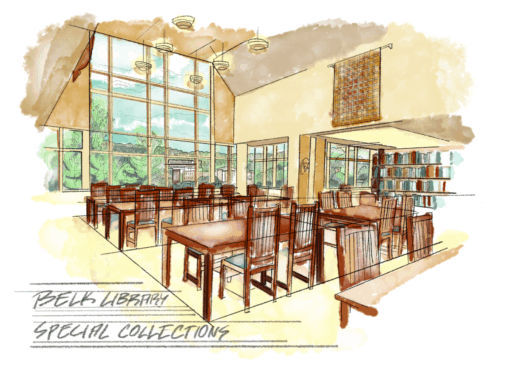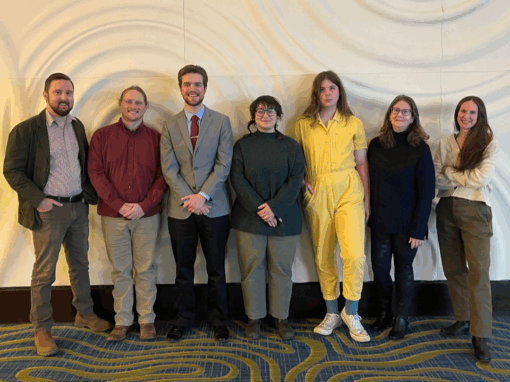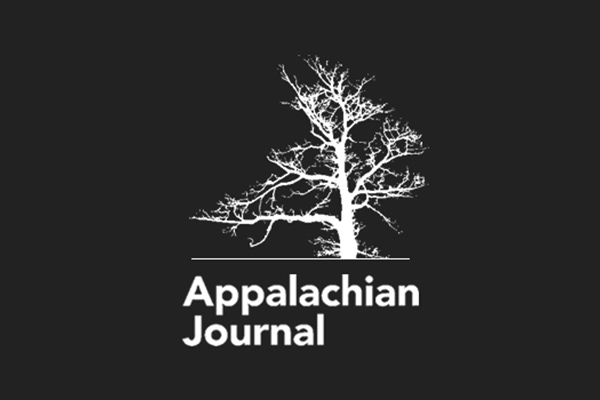Research and Publications
The Center for Appalachian Studies fosters and showcases scholarship that explores the rich cultures, histories, communities, and environments of Appalachia. Our faculty, students, and partners engage in interdisciplinary research that spans social sciences, humanities, music, folklore, ecology, and more.
The Center also produces Appalachian Journal, a peer-reviewed quarterly that highlights the latest field research, essays, interviews, and reviews on the region. From collaborative projects with local communities to groundbreaking academic studies, our research and publications aim to deepen understanding of Appalachia while supporting its people and traditions.
Research Spotlights
Voices and Visions of Appalachia
Appalachian Journal: A Regional Studies Review
Since 1972, Appalachian Journal has published peer-reviewed research, essays, and creative works exploring the history, culture, and ecology of the Appalachian region.
Library Collections and Research Guides
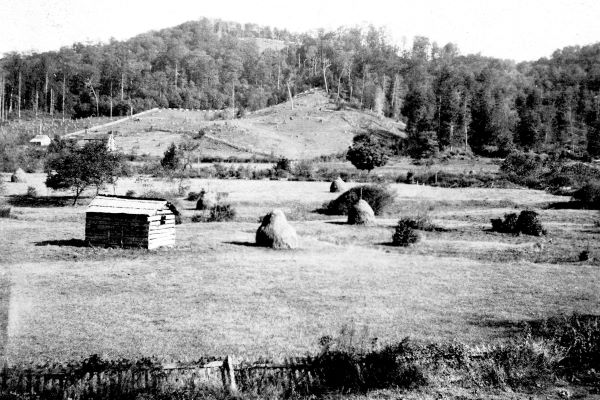
W.L. Eury Appalachian Collection
Explore a repository with 44,000+ books, periodicals, and thousands of recordings that embody Appalachian history, folklore, music, religion, and culture.
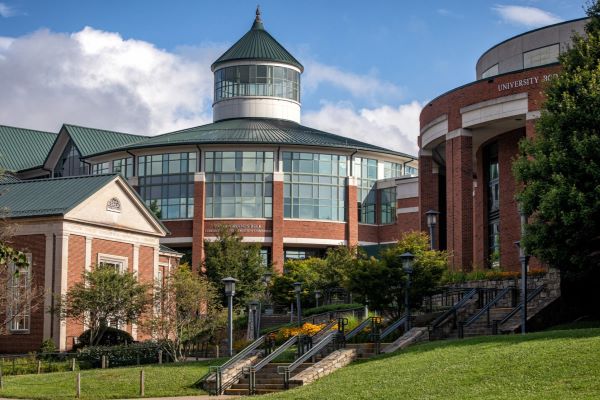
Research Guide: Appalachian Studies
Explore Appalachian Studies with this guide to Special Collections, libraries, archives, and online resources on history, genealogy, and research tools.

Research Guide: Appalachian History
Find primary sources on Appalachian history with this guide, featuring Special Collections, library resources, online tools, and regional archives.
Books and Media Publications
Several books can be purchased directly from the Center for Appalachian Studies, our publishing partners, or borrowed from App State’s Belk Library. For more information about Center publications, please reach out to us. Contact the Center →
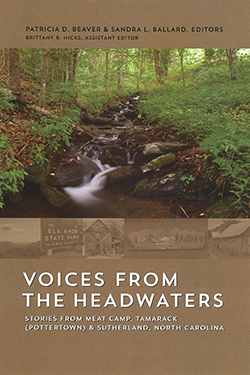
Voices from the Headwaters
Voices from the Headwaters shares 44 oral histories and 350+ pages of stories capturing generations of life in western North Carolina’s mountains.
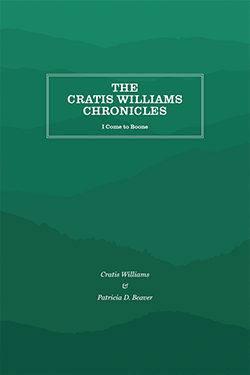
The Cratis Williams Chronicles: I Come to Boone
In these memoirs, Cratis Williams reflects on his journey from a Kentucky log cabin to a distinguished career at Appalachian State University.
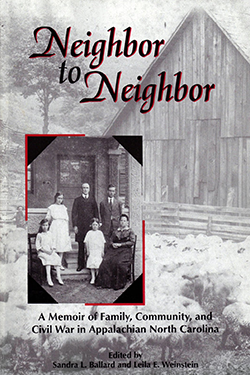
Neighbor to Neighbor
The memoir of William Albert Wilson–an intimate and dramatic telling of the Civil War at home on the north fork headwaters of the New River in Ashe County, NC.
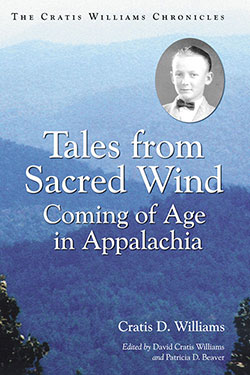
Tales from Sacred Wind: Coming of Age in Appalachia
An edited collection of Cratis Williams’ memoirs, capturing his Kentucky mountain childhood through folktale-like stories of life, school, and tradition.
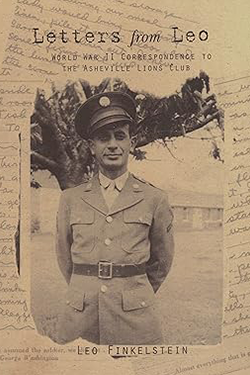
Letters From Leo
A collection of letters from Asheville native Leo Finkelstein to the Asheville Lions Club during World War II — filled with humorous insight. The original letters are part of the Leo Finkelstein Papers collection in App State’s Special Collections Research Center.

Leo Finkelstein’s Asheville and the Poor Man’s Bank
Leo Finkelstein’s Asheville shares stories of Asheville’s Jewish community, tracing family, business, and resilience in WNC from the early 1900s onward.
Cultural and Conservation Resources
Discover stories, events, research and resources from collaborators, local communities, conservancies, and ongoing projects.
- After Coal Project
- Appalachian Regional Commission
- Appalachian Studies Association
- Appalachian Trail
- Appalachian Voices
- AppalShop
- Blue Ridge Conservancy
- Blue Ridge National Heritage Area
- Blue Ridge Women in Agriculture
- Carolina Music Ways
- Southern Appalachian Highlands Conservancy
- Watauga County Arts Council
Related Centers and Institutions
Explore fellow centers and institutions that provide resources, academics, research, and creative activities related to Appalachia and other mountain communities.
- Appalachian Center at University of Kentucky
- Center for Appalachian Students and Services at East Tennessee
- D.H. Ramsey Special Collections and Archives at UNCA
- Hiddenite Arts and Heritage Center
- Highlander Movement School
- Stephenson Center at Lees-McRae
- Swannanoa Gathering at Warren Wilson College
- West Virginia University Regional Research Institute
